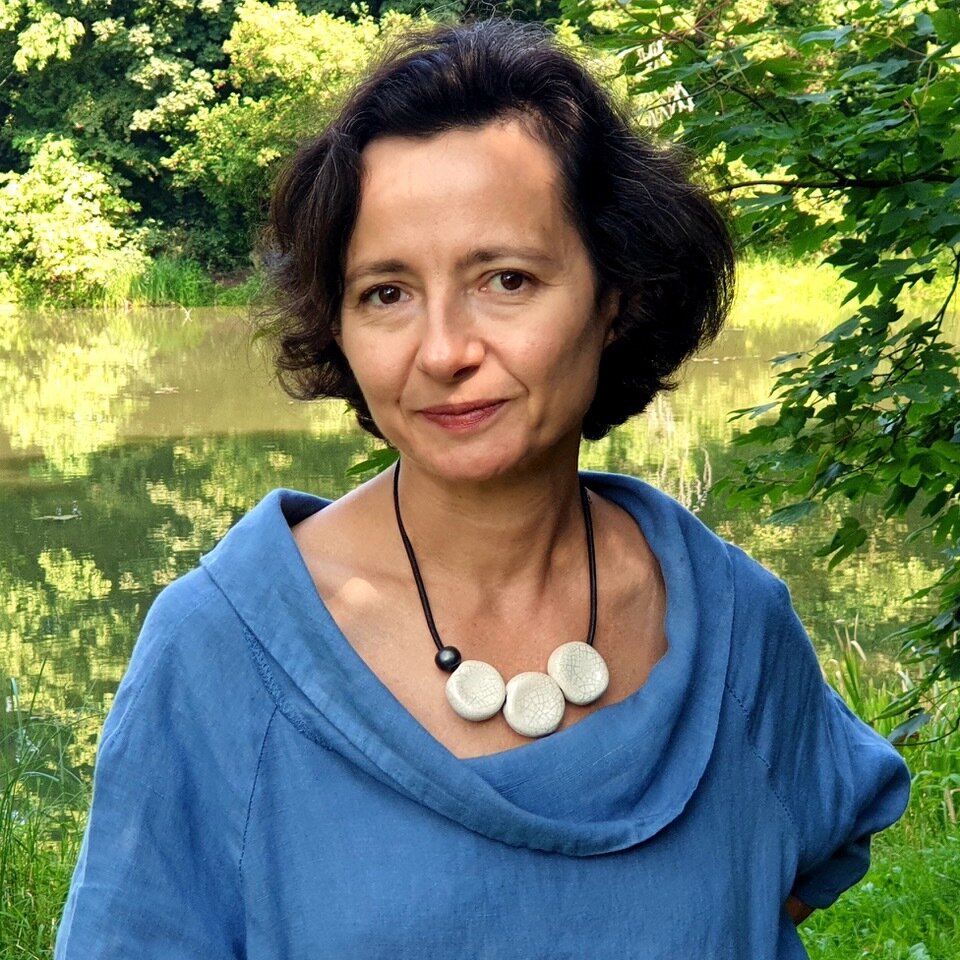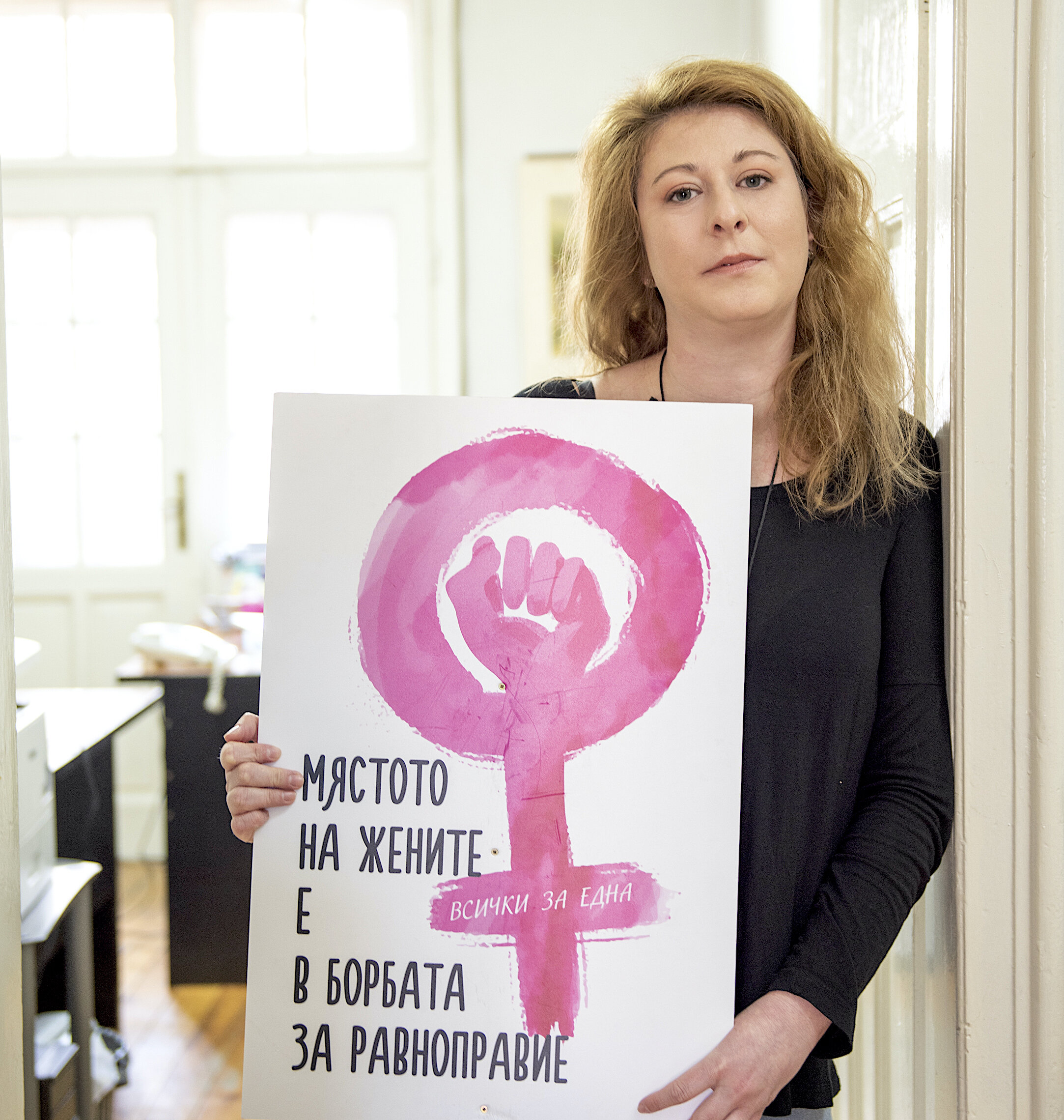Feminist Voices on the Rise of Authoritarianism and the Anti-Gender Movement
An interview series by the Centre for Feminist Foreign Policy
* The views and opinions expressed in these interviews are those of the authors and do not necessarily reflect the official policy or position of The Centre for Feminist Foreign Policy
Right-wing populism and authoritarianism are on the rise globally. In many places, we are currently witnessing the return of “strongman politics,” spearheaded by politicians who equate hypermasculinity with good leadership and present themselves as “father figures” of their nations. Although this trend differs depending on the local context, most right-wing populist leaders also openly attack minority rights, women’s rights, and gender equality: some want to restrict sexual and reproductive rights (SRHR) and access to abortion, while others promote heteronormative nuclear families and strict adherence to gender and sexual binaries. Their rhetoric and actions are negatively affecting women and LGBTQI* communities, and other marginalised groups’ lives.
There are many examples of this global trend: In the United States, former president Donald Trump cut the US aid budget for projects that support sexual and reproductive rights, thus affecting women worldwide whose livelihoods depend on development assistance. At the domestic level, US federal funding to services providing safe access to abortion was restricted and Trump appointed three ‘pro-life’ justices to the U.S. Supreme Court, ensuring a conservative tilt for decades to come. In Brazil, incumbent president Jair Bolsonaro continuously engages in misogynistic and racist language, while violence against women and the LGBTQI+ community has risen dramatically over the past years. In the Philippines, president Rodrigo Duterte regularly uses offensive and sexist language against women in public, while his justice department criminalises numerous human rights defenders and activists, putting their lives at risk to silence them. Meanwhile, in Hungary and Poland, the ruling parties are heavily engaging in anti-LGBTQI* and anti-feminist rhetoric. Hungary’s president, Victor Orbán, propagates a heteronormative, nativist ideology: His government suspended gender studies at universities, banned adoption for same-sex couples, and refuses to ratify the Istanbul Convention. Similarly, in Poland, president Andrzej Duda’s government is proposing legislation that opposes same-sex marriages and prohibits adoption for same-sex couples and has further restricted access to abortion. Aside from those examples, similar trends can be observed in countries like Bangladesh, Brazil, Cambodia, Egypt, El Salvador, Ghana, Hong Kong, Russia, Thailand, Turkey, Venezuela, and others.
Since the onset of the COVID-19 pandemic, many populist governments with authoritarian tendencies have used the global health crisis as a distraction and pretext to further increase their crackdown on civil society, targeting women’s rights and the LGBTQI* community in particular. While certain restrictions were necessary for public health, some governments have selectively enforced excessive emergency laws. Among others, those laws have led to a total ban of protests, invasions of privacy and excessive surveillance, detention and imprisonment of journalists, activists and opposition figures, curfews, censorship of the media, and attacks on minority groups. Some governments, postponed (for example: Bolivia and Ethiopia) or held early elections during the pandemic to the disadvantage of the opposition. What makes right-wing populist authoritarians so appealing to people all over the world in our current time?
Our new interview series aims to highlight the growing rise of right-wing populism and authoritarianism in different parts of the world, as well as the associated attack on feminism, civil liberties, and minorities. We will speak to feminist activists, policy experts, and scholars from different regions, ranging from Eastern Europe to Latin America, South East Asia and more. With the help of our interviewees’ experiences and knowledge, we try to better understand the connection between the rise of populist authoritarian leaders and anti-feminism globally – especially in the context of the ongoing COVID-19 pandemic. We also hope to showcase commonalities of this authoritarian pushback across contexts and to elevate local differences.
With these interviews, we want to give feminist activists a platform to talk about these issues in their own words, and to find out how others can best support them. We welcome you to read through the interviews and get to know these incredible women and their tremendously important work.
Eastern Europe
Click the tiles to read the interviews!


